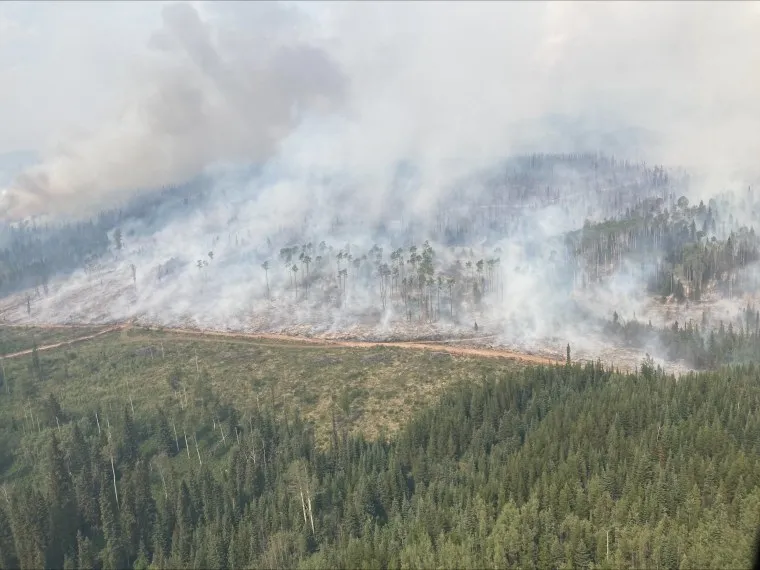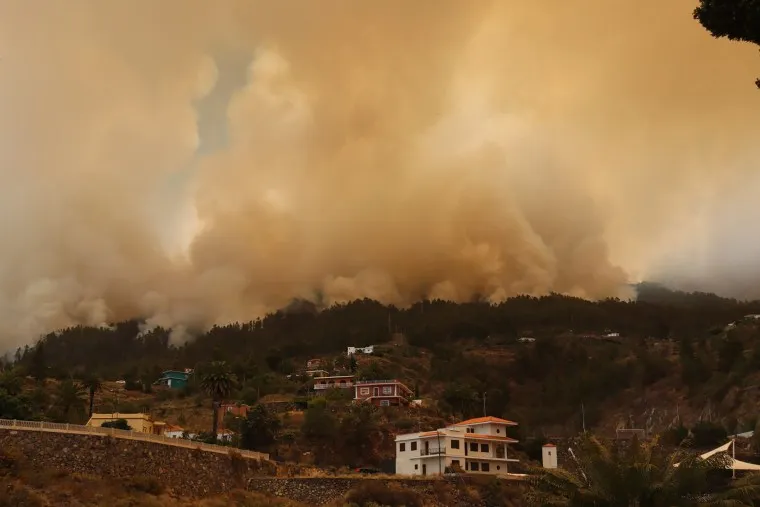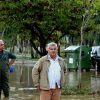Over 100 million Americans, roughly a third of the country’s population, were under extreme heat advisories this weekend, with the southwest and parts of the west being particularly hard hit. Officials warned that conditions could worsen in Arizona, California, and Nevada, urging residents to take the heat seriously and avoid spending time outdoors. “It’s potentially deadly to anyone without effective cooling and/or adequate hydration,” the National Weather Service cautioned.
As the mercury soared, cooling centers extended their hours, and emergency rooms prepared to treat more people with heat-related illnesses. In Phoenix, Arizona, the forecast called for 118F heat, with the city expected to break its record of 18 consecutive days of 110F or higher temperatures by Tuesday.
The region’s chief heat officer, David Hondula, warned of “some of the most serious and hot conditions we’ve ever seen” ahead of the weekend. Hondula noted that a single location, the Brian Garcia Welcome Center for homeless people, would be open 24 hours, directing people to shelters and air-conditioned spaces for relief. However, some advocates criticized the lack of night-time cooling spaces for unsheltered individuals, who were left “out of luck” if they had no place to go.
The heat also took a toll on outdoor workers, with police in the Phoenix suburb of Surprise finding two older women sweltering at home in 114F temperatures with only a tiny, overtaxed air-conditioning unit. After being taken to a senior center to cool off, the department’s community services team installed a new air conditioner and fans in their home.
Casinos in Las Vegas offered respite from the heat, as air-conditioned libraries, police station lobbies, and other public spaces opened to give people a break from the blistering temperatures. Emergency room doctors in Las Vegas treated more patients for heat illness, including tourists who spent too long drinking by pools and became severely dehydrated.

As the heat wave threatened to break records, temperatures soared into the triple digits in inland areas of southern California, with a ridge of high pressure expected to keep its hold on the region for several weeks. In Death Valley, California, the temperature hit 122F, with forecasters warning it could reach 130F this weekend.
The hot, dry conditions sparked a series of blazes in southern California, with firefighters battling three separate brush fires amid blistering heat and low humidity. In Los Angeles, Mayor Karen Bass announced the city was opening cooling centers, warning that the extreme heat posed serious risks.
The heat wave also sparked concerns about the climate crisis, with lawmakers and officials facing questions on Sunday morning talk shows about the need for financial assistance to states suffering extreme heatwaves, similar to hurricanes, tornadoes, or floods. Senator Mark Kelly of Arizona suggested that in some cases, FEMA could provide financial assistance to states affected by extreme heat.
As parts of the US faced extreme heat, the north-east was hit by flooding, with officials reporting a flash flood on a road in Pennsylvania that killed three people and left four others, including a baby, missing.

